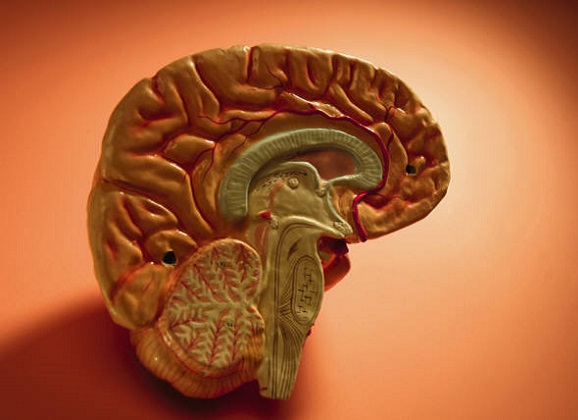The Scary Truth about the Teenage Brain
The teenage brain’s remote control is called the prefrontal cortex. This section of the brain weighs outcomes, controls impulses and emotions, and forms judgments. The prefrontal cortex will communicate with the other parts of the brain through connections referred to as synapses. Scientists have found that teenagers experience a wealth of growth during the adolescent years in the synapses. This means that the prefrontal cortex is still immature until our mid-twenties.
Parents, a teenager’s brain is not like an adult brain, as it is not wired to notice errors in judgment and decision making. The area of the brain that is already developed early on is called the nucleus accumbens, or the area of the brain that seeks rewards and pleasure. Scientists have shown that the teenagers have higher responses to medium and large rewards in that part of the brain compared to younger children and adults. That is another reason that seeking pleasure and immediate rewards is so vital to most teenagers. This is why getting that new outfit, smartphone or even something like getting good grades is so important to them!
- Can be impulsive
- Have difficulty processing social cues and emotions
- Are more inclined to get into various types of accidents
- May be reactive or physical (fighting)
- Take chances without thinking them through that can be “risky” or dangerous
- Do not consider the consequences of their behaviors or actions
- Less inclined to modify their inappropriate behavior until after the fact
What are the differences between a girl and a boy brain?
- Although neither brain is superior or inferior, female brains have a greater number of nerve fibers in their skin than boys and men. This means that the pain receptors in the brain are more sensitive in women than in men. Although men, of course, feel pain, their bodies and brains experience less physical pain than women.
- Boys and girls experience different approaches to staying focused, paying attention, completing a task, de-stressing, relating to one another, being bored, feeling emotions and even having conversations.
- There are structural differences in the brain between boys and girls. Boys tend to use their physical energy when relating to one another by bonding through bantering, poking or jabbing at one another through team sports, or aggressive activities.
- The amygdala controls the aggression/emotion center of the brain and processes information at different times in a girls’ brain as compared to a boys’ brain.
- The memory center which is the hippocampus in the brain, is less active in a boy than in a girl. A boy may not remember or recall certain memories or events compared to a girl. A girl is able to multitask easier in her daily life. She can consider why her motivation, her goals, dreams, success and personal experiences have contributed to her success.
- Girls have a greater sensorial experience at any given time. This is because they can store more of their memories and attach emotions to experiences and words throughout their lives.
What are the different structural and biochemical changes in the brains of a boy and a girl?
- Testosterone is significantly higher in boys chemically than in girls. This means they can be more aggressive and risk takers.
- Boys have less oxytocin meaning they do not often feel the need to emotionally bond the way girls do.
- Boys have less serotonin which calms them down in the frontal lobe. This means they have more physical and social impulses than girls do.
Communication about all types of subjects without lecturing is important. With the knowledge that we have provided you can further research various strategies and forms of discipline that can be constructive in your relationship with your teen.
